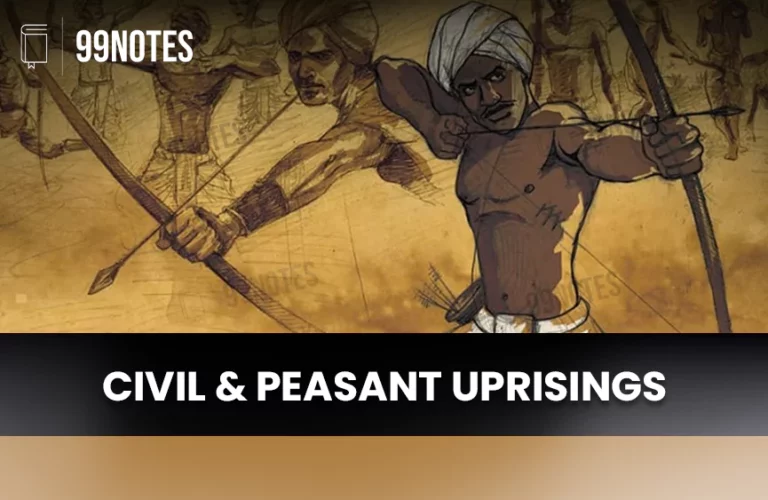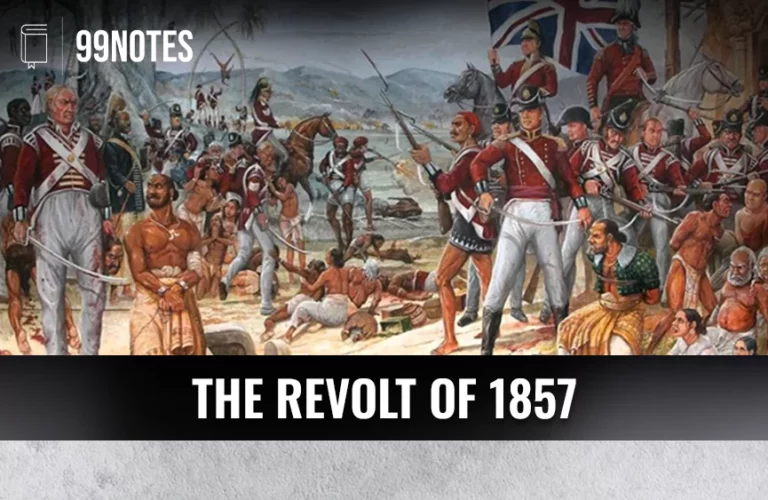Madhvacharya (CE 1199-1278 or CE 1238–1317)
Madhvacharya was a revered Hindu philosopher and theologian, made a lasting impact on Indian philosophy. He is best known for introducing the Dvaita (dualistic) school of Vedanta, which proposed a fundamental distinction between the individual soul (Atman) and the ultimate reality (Brahman). Who was Madhvacharya? Early Life of Madhvacharya Madhvacharya also known a Purna -Prajna…

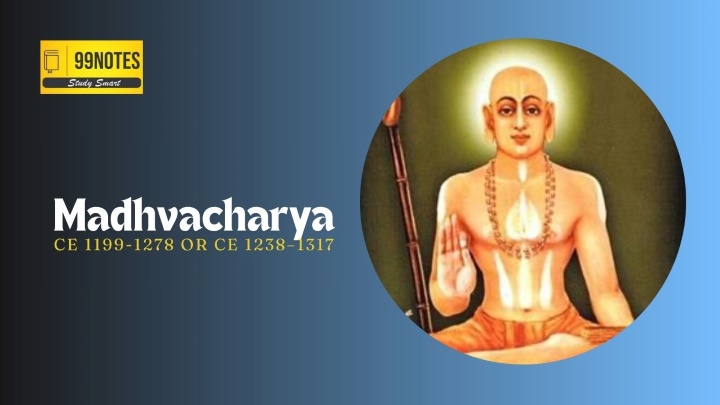
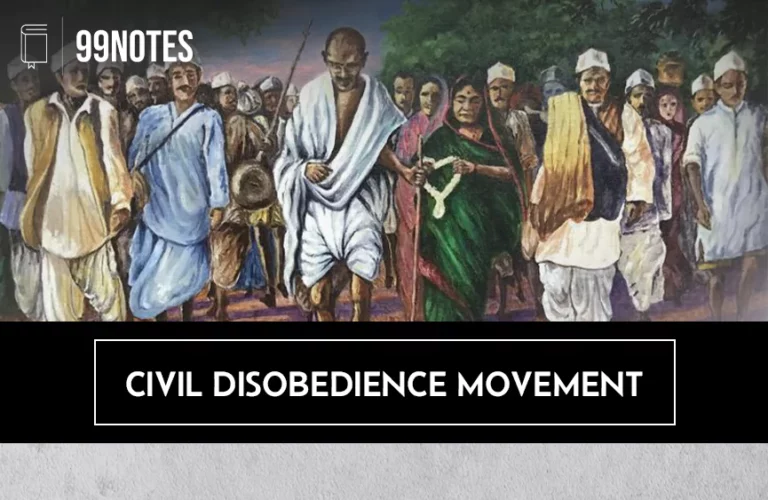

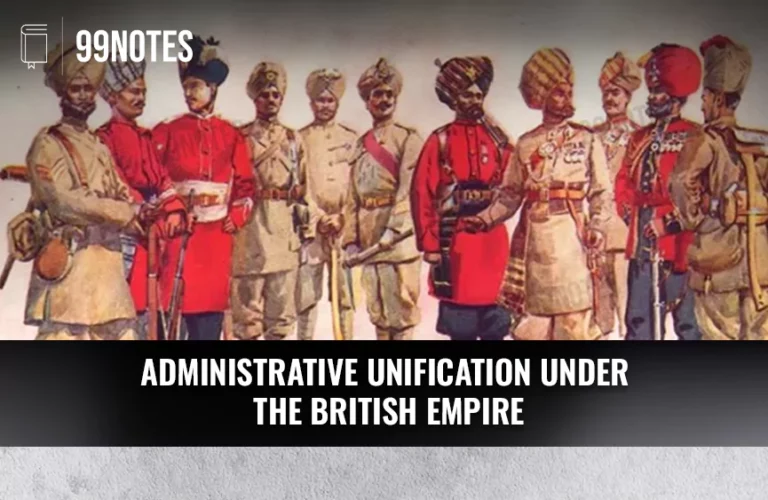
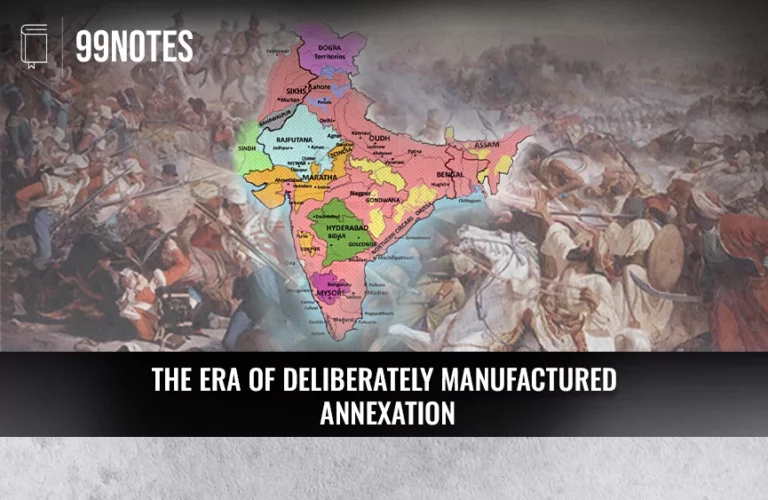
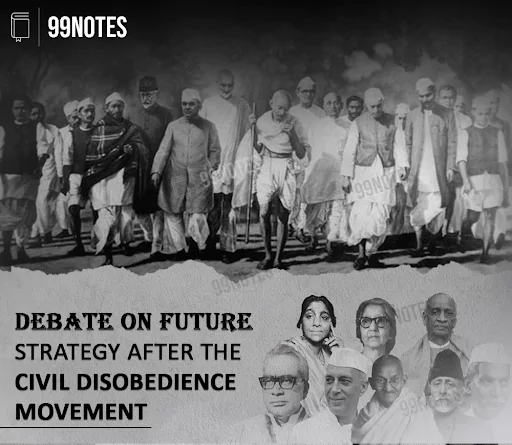
![Early Political Activities: 1858-1905 [Complete Notes For Upsc] | Updated February 21, 2026 Early Political Activities: 1858-1905 [Complete Notes For Upsc]](https://99notes.in/wp-content/uploads/2024/02/early-politics-featured-66698a6014484-768x500.webp)
